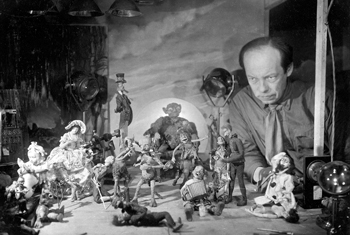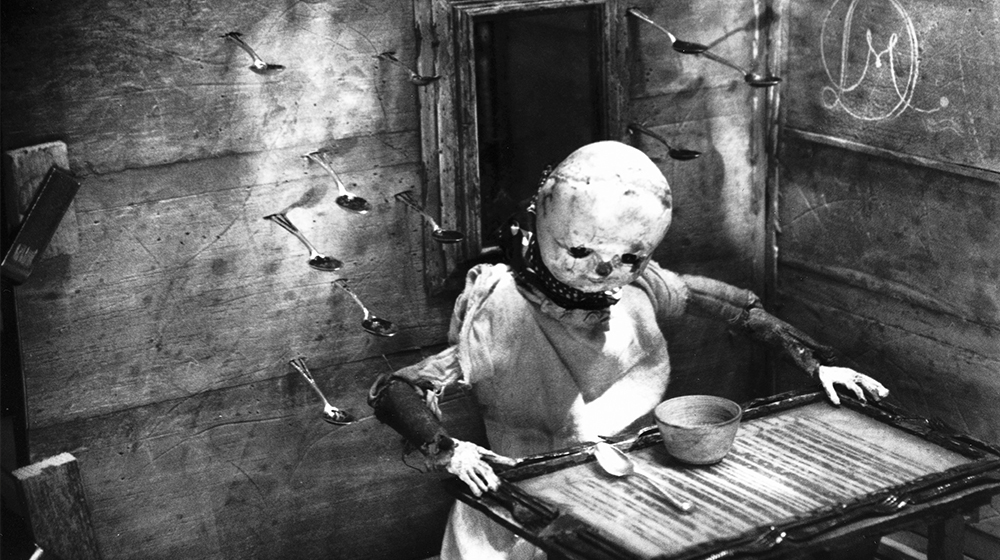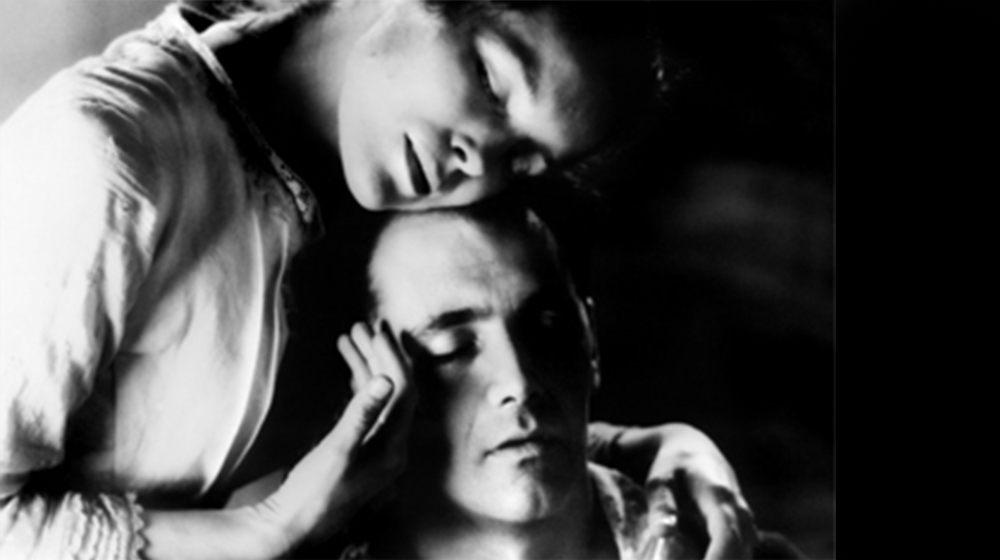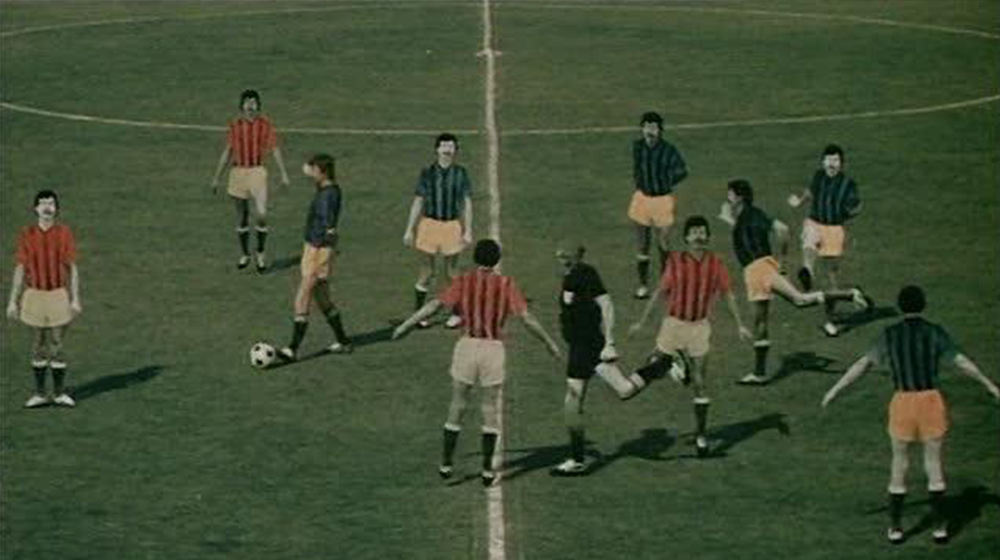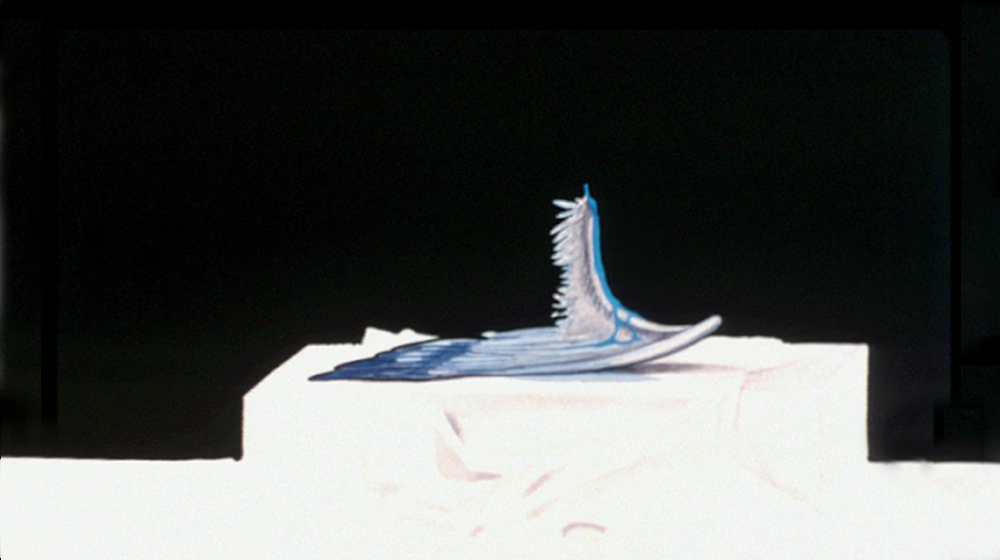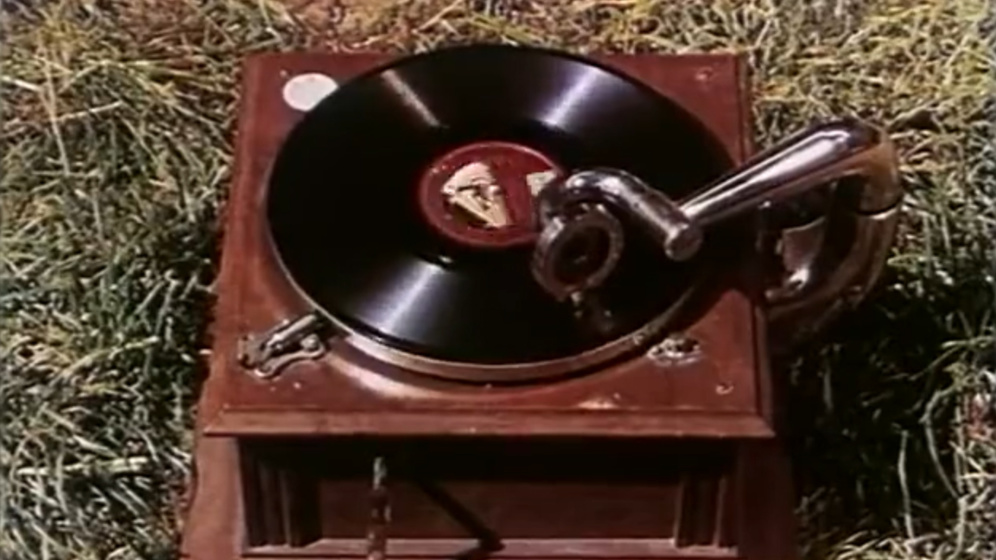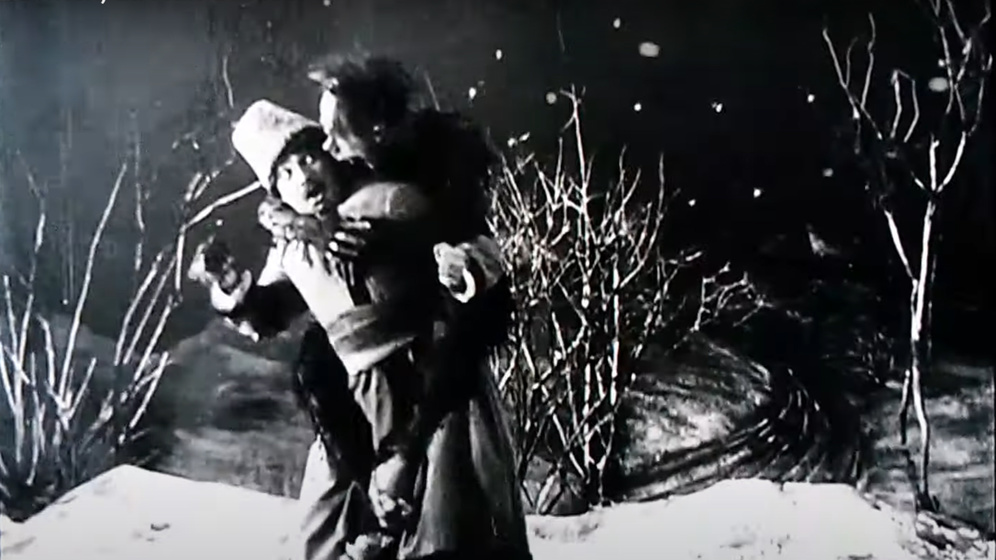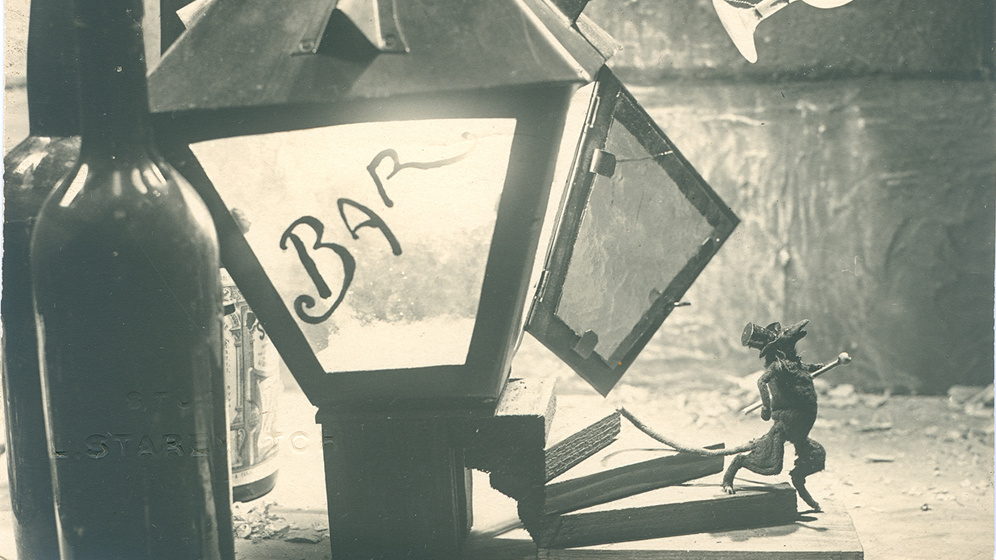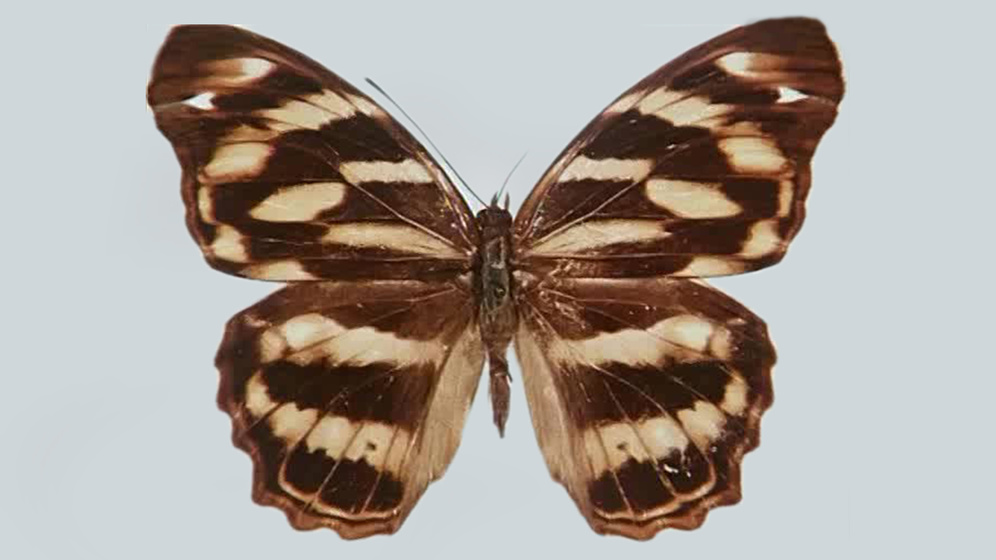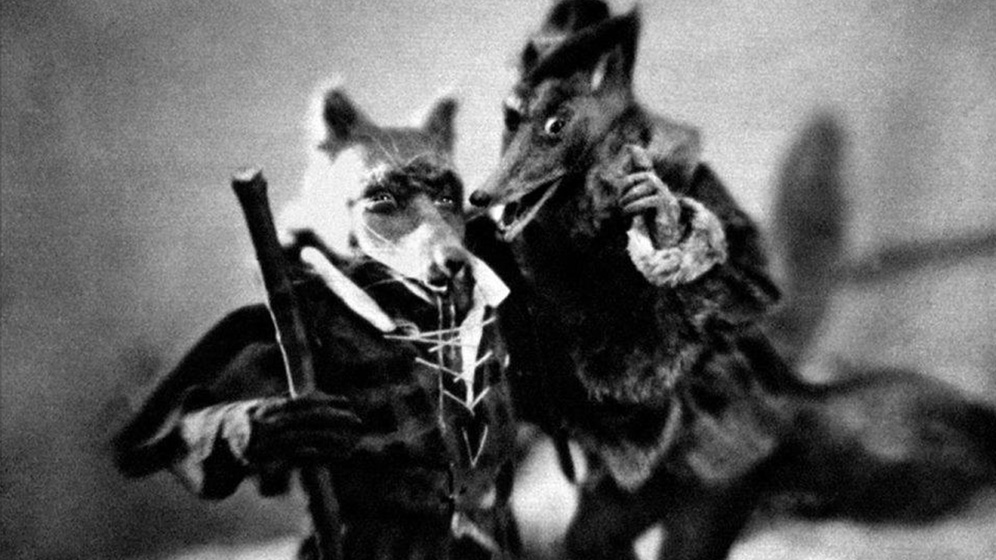Pioneer and indisputable master in marionette-based animation. Entomologist by training and a self-taught film-maker, Starewitch made more than a hundred films in Russia, Lithuania and France, from the early years of the twentieth century through to the mid-1960s.
After his early film work in Moscow in which he directed films with actors, Starewitch discovered in animation the perfect vehicle, first, for presenting his scientific observations and, later, giving language and form to the images springing from his boundless imagination. His characters – insects and all kinds of anthropomorphic animals – seem to have been taken from a singular and delightful cabinet of wonders.
A hundred years after his first films, his stories – many of them, for example La cigale et la fourmi (The Ant and the Grasshopper, 1927) and Fleur de fougère (Fern Flowers, 1949), being free adaptations from storybooks or fables – his modern syntax, and his extraordinary marionettes are still a source of admiration not only among professionals working in animation but artists in every sphere. His films, including such singular gems as Fétiche mascotte (The Mascot,1933) and Le Roman de Renard (The Tale of the Fox,1941), have been warmly praised by such prominent directors as Terry Gilliam, Nick Park and John Lasseter, while his influence in the work of film-makers like Tim Burton and the Brothers Quay has been decisive.
It is no exaggeration to say that he is one of the very few film-makers who can be defined as essential, as truly original. After the 1990s revival of his work, which had been overlooked for decades, his films are presently being shown more and more often in cinemas all around the world and he is on the verge of moving beyond his former status as a cult figure to being a great discovery for the wider public.
